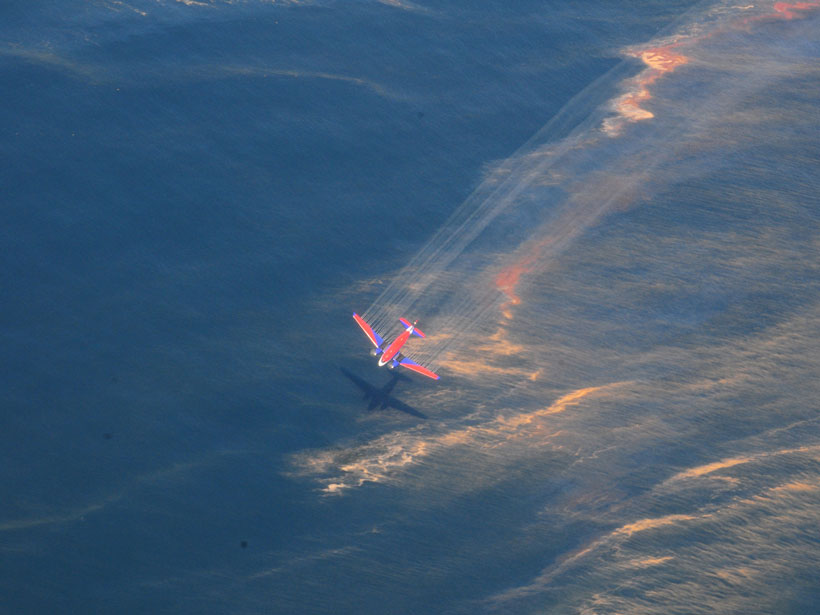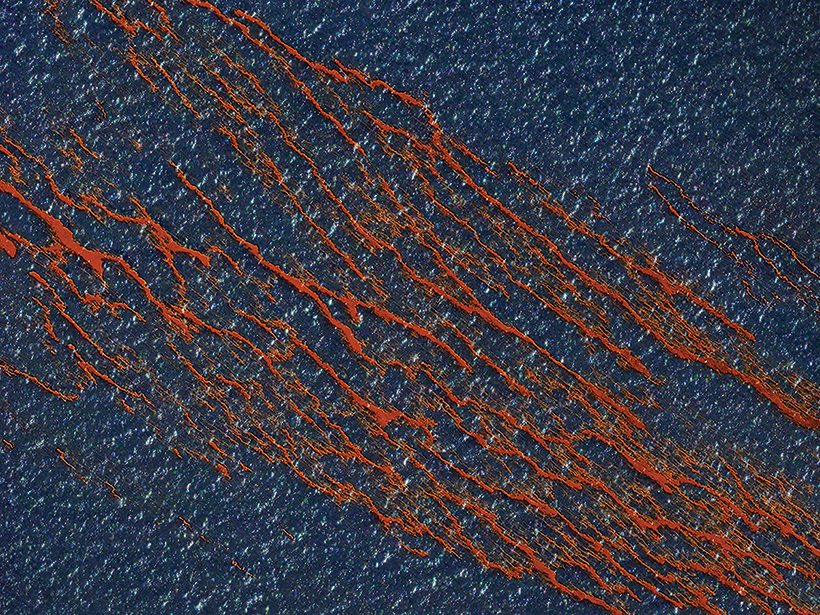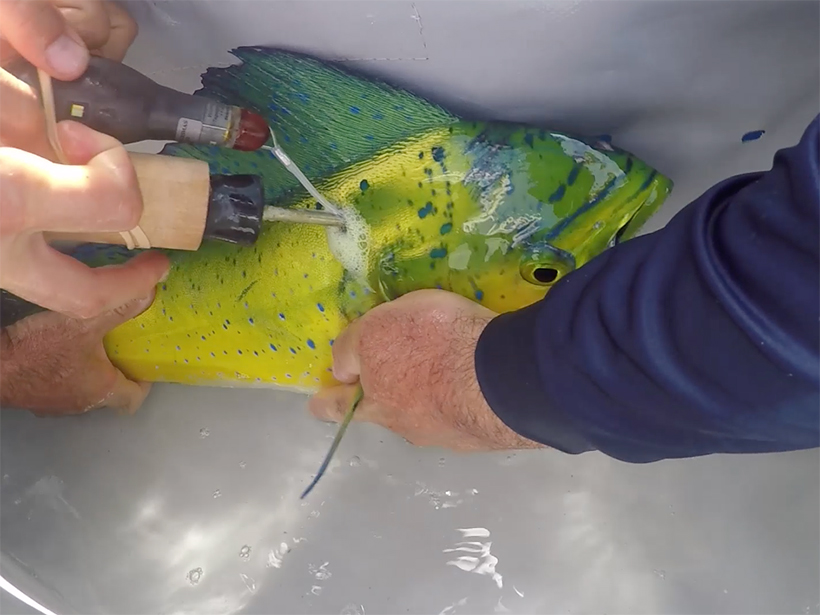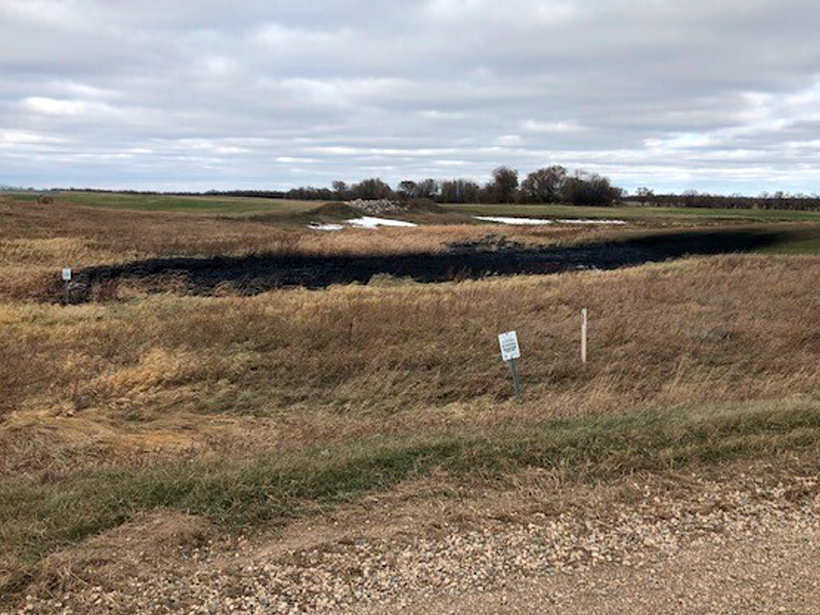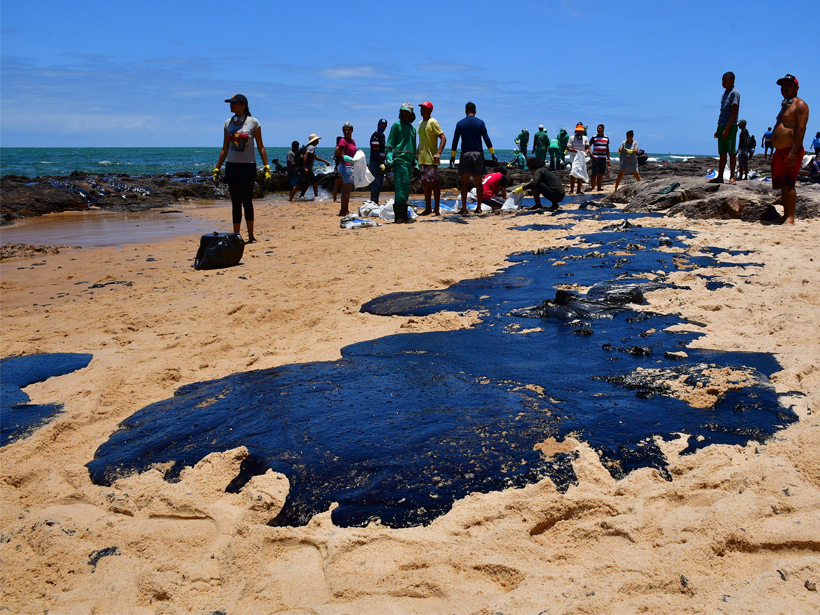A decade of research since the Deepwater Horizon disaster has revealed how sunlight—its importance long understated in oil spill science—substantially alters petroleum floating at the sea surface.
oil spills
Leveraging Satellite Sensors for Oil Spill Detection
By using multiple remote sensors, scientists can quickly estimate the nature and thickness of oil spills—important factors for containment efforts.
Deepwater Horizon’s Legacy of Science
The biggest oil spill in history resulted in billions of dollars in settlements—and a massive scientific movement.
Deepwater Horizon and the Rise of the Omics
Microbial genomics techniques came of age following the Deepwater Horizon spill, offering researchers unparalleled insights into how ecosystems respond to such environmental disasters.
Modeling Under Pressure
At a critical moment in the effort to end one of the world’s worst oil spills, one scientist holed up in his office and pulled an all-nighter to calculate the well’s aquifer support.
Oil-Exposed Mahi-Mahi More Likely to Lose Oil-Avoidance Behavior
Contact with oil may make it harder for the fish to avoid additional exposure, creating a vicious cycle following offshore oil spills.
Keystone Pipeline Spills 9,120 Barrels of Oil in Dakota Wetlands
The leak took place along a preexisting section of the Keystone Pipeline. This is the pipeline’s fourth spill in 9 years.
Brazil’s Oil Spill Is a Mystery, so Scientists Try Oil Forensics
Thousands of barrels of oil have been tarring Brazil’s beaches since September, and no one knows why. An oil spill scientist is running oil forensics to find out.
Oil Spill Response Knowledge Grows, but New Risks Emerge
Oil spill expert Nancy Kinner discusses lessons learned from Deepwater Horizon, dangers of aging infrastructure and atomized dispersants, and a Russian plan that imperils Arctic waters.
Spills, Sediment, and Shoreline Contamination
A recent paper in Reviews of Geophysics describes the formation and behavior of oil-sediment residues in marine and coastal environments following an oil spill.

